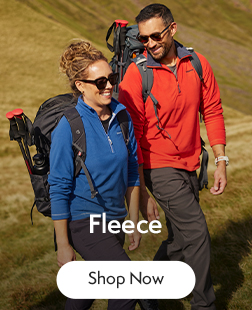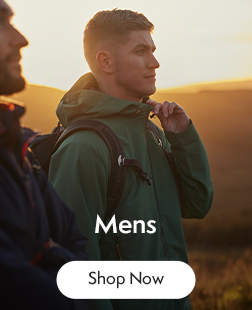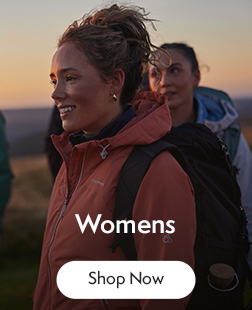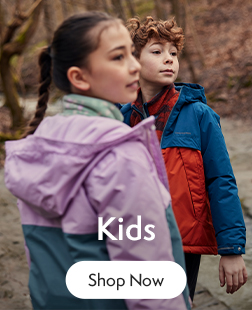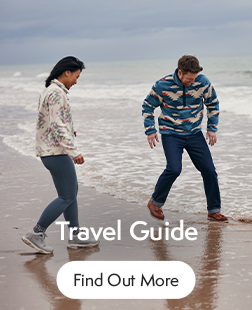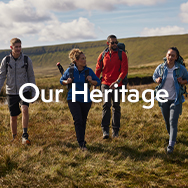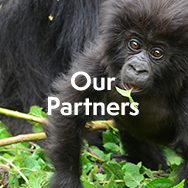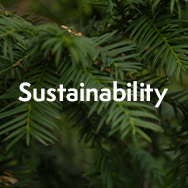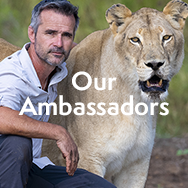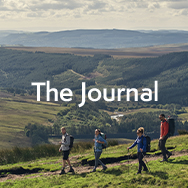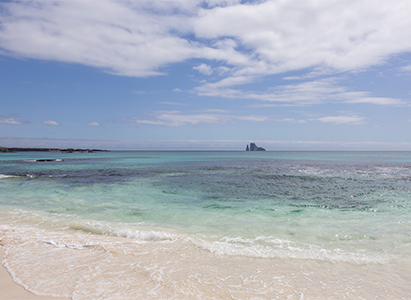
Opportunities can come when you least expect them. When a conversation arose about the need of a small boat for a turtle excursion, Manolo Yepez, a third-generation fisherman on the island of San Cristóbal in the Galapagos, took it. That was 10 years ago and he hasn’t looked back.
It was a small request that changed the life of a man who now divides his time between running his sustainable fishing company - - and helping out on conservation trips with USFQ and Diana Pazmino's “Chicas con Agallas”.
Yuri Revelo's story is not too dissimilar. Manolo's uncle has been a fisherman all his life, but initial requests to help tag turtles soon progressed to monitoring rays and then hammerhead sharks. His commitment to conservation really came to the fore when he converted his beloved boat, Yualka II, to accommodate more passengers, allowing for larger conservation expeditions to parts of the Pacific that are a few days sail away. At the time of filming, he had just returned from a 12-day expedition to the farthest reaches of the islands with a group of 2 scientists, 2 naturalist guides and 4 students to monitor coral fossils which, once collected, would be carbon dated. His previous trip had been to tag hammerhead sharks and attach transmitters to their dorsal fins to determine their true location. Coastal clean-ups are another key part of Yuri's conservation efforts. Openly admitting that he used to be one of those people who dumped their rubbish into the sea, he now leads trips to clean up the waters he once polluted.
"No botar aguas oleosas ni basura al mar" (Don't throw oily water or rubbish into the sea) is now painted on the side of Yualka II, lest he or anyone else on board forget! It was on one of these trips that Sofia Green met Yuri and Manolo. A marine biologist specialising in whale sharks, Sofia was on board to take part in a coastal clean-up. As they exchanged details and gained a deeper understanding of each other's worlds, they grew closer and now often work together - Sofia uses their boats for her expeditions and they inform her of any whale shark sightings during their trips.
Raised on the islands by her English father and Ecuadorian mother, Sofia has a deep interest and passion for the ocean. After completing her undergraduate degree in biology, she moved to the Galapagos Islands from mainland Ecuador and has been working with the Galapagos Whale Shark Project (GWSP) since 2017. Alongside her work with the project, she has been involved in other marine conservation projects on marine invasive species, marine debris (plastics), turtle conservation and ecological monitoring of the Galapagos archipelago, and recently qualified as a Naturalist Guide for the Galapagos National Park.
With global fish stocks in decline, conservation methods are key to allowing the ocean to replenish itself. If nature is left to recover, it will. While Manolo has seen stocks decline in his lifetime, both he and Yuri are happier now that they can make a difference to the state of the ocean, at least where they live.
For Sofia, the task is global. In her own words, "Without the ocean, there is no planet Earth.
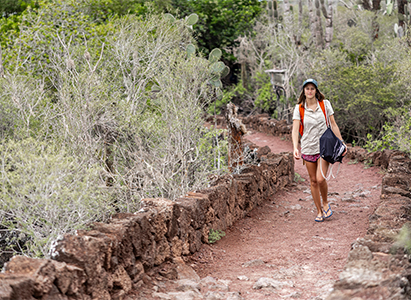
Sources:
https://www.galapagoswhaleshark.org/who-we-are/


